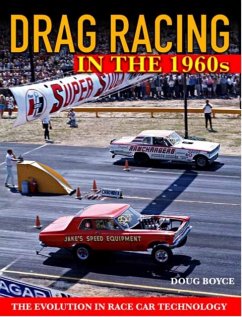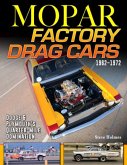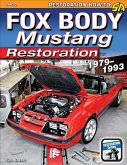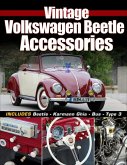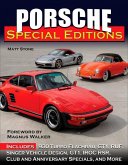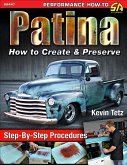Drag racing has a long and storied history. Many have said that the first drag race occurred shortly after the second car was made. While that may or may not be true, racing prior to World War II was mostly centered around dry-lake activities and top-speed runs. After the war, drag racing became organized with the creation of the NHRA, and during the 1950s, many tracks were built across America to accommodate the racers. Technology in the 1950s centered on the manufacturers updating old flathead designs into newer overhead-valve designs, and the horsepower race really started to heat up. As with many forms of racing, the 1960s brought a technological evolution. The decade began with big engines in even bigger stock chassis and ended with purpose-built race-only chassis, fiberglass bodies, fuel injection, nitro methane, and blowers. Quarter-mile times that were in the 13-second range at the beginning of the decade were in the 7-second range by the end. New classes were formed, dedicated cars were built for them, and many racers themselves became recognized names in the sports landscape. In Drag Racing in the 1960s: Evolution in Race Car Technology, veteran author Doug Boyce takes you on a ride through the entire decade from a technological point of view rather than a results-based one. Covered are all the classes, including Super Stocks, Altered Wheelbase cars (which led to Funny Cars), Top Fuelers, Gassers, and more. An examination of the classes and how technology changed them (or in some cases, even created them) are thoroughly examined through interviews, quotes, and stunning vintage photography.
Hinweis: Dieser Artikel kann nur an eine deutsche Lieferadresse ausgeliefert werden.
Hinweis: Dieser Artikel kann nur an eine deutsche Lieferadresse ausgeliefert werden.

